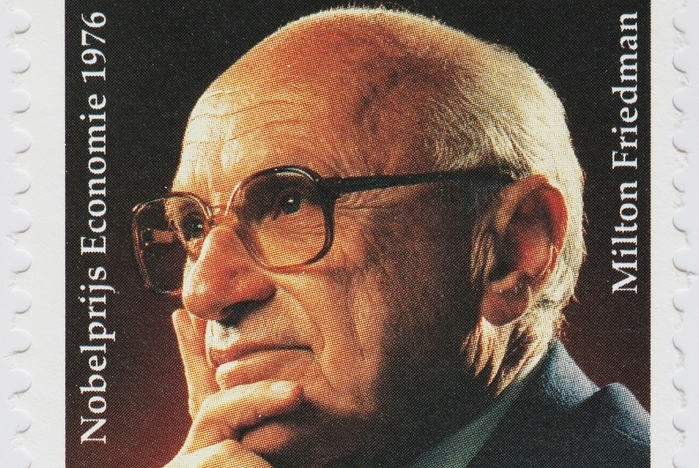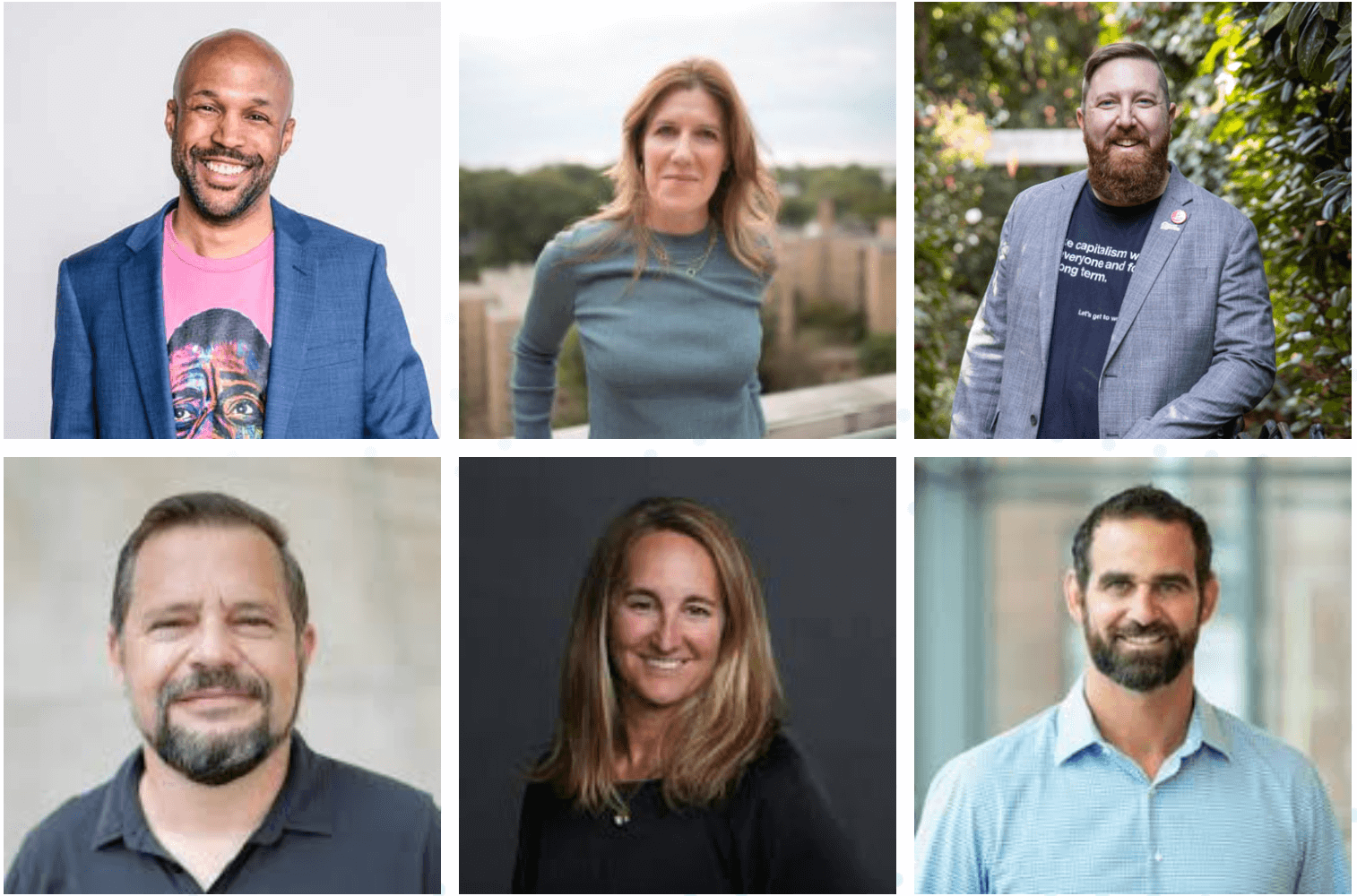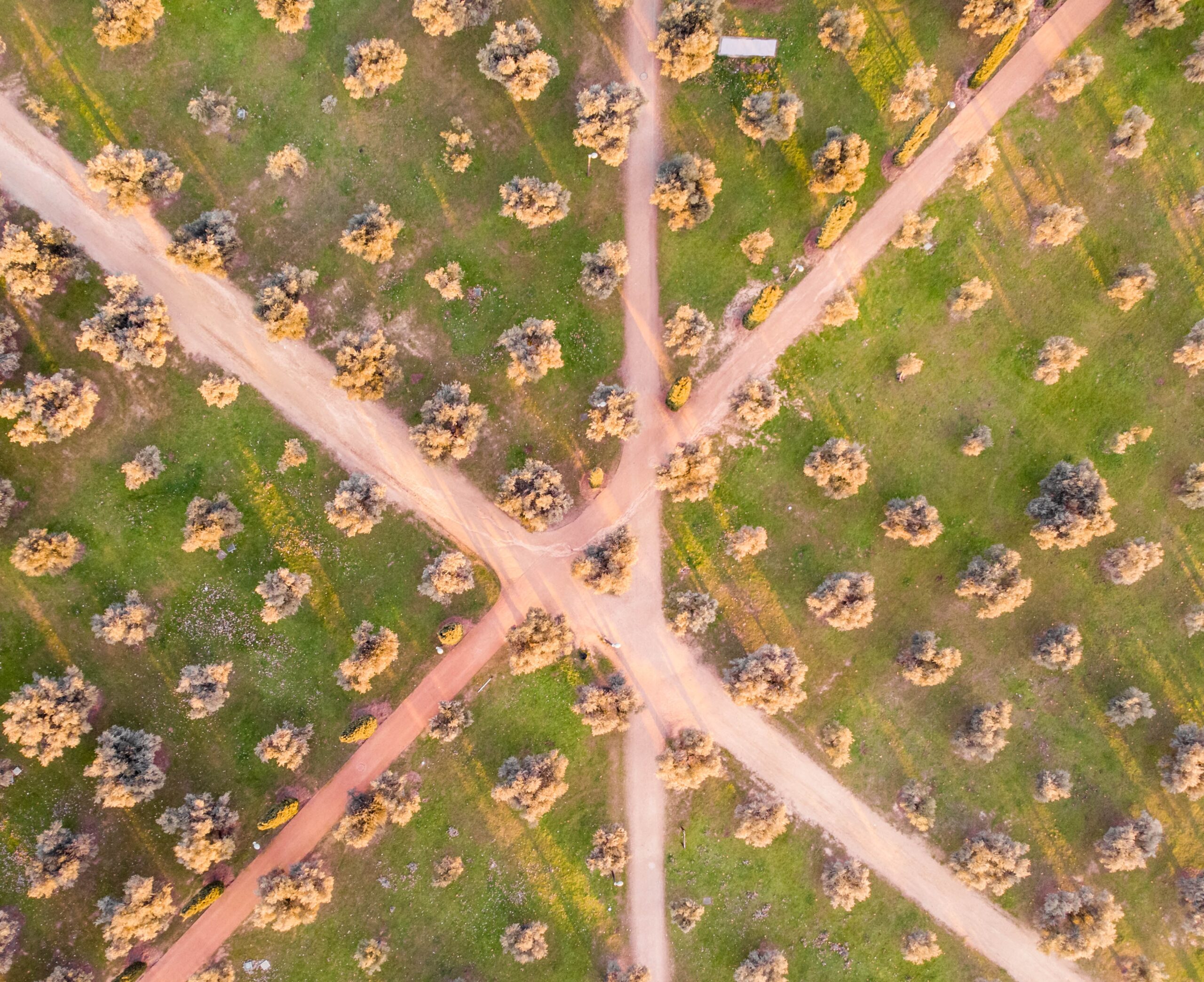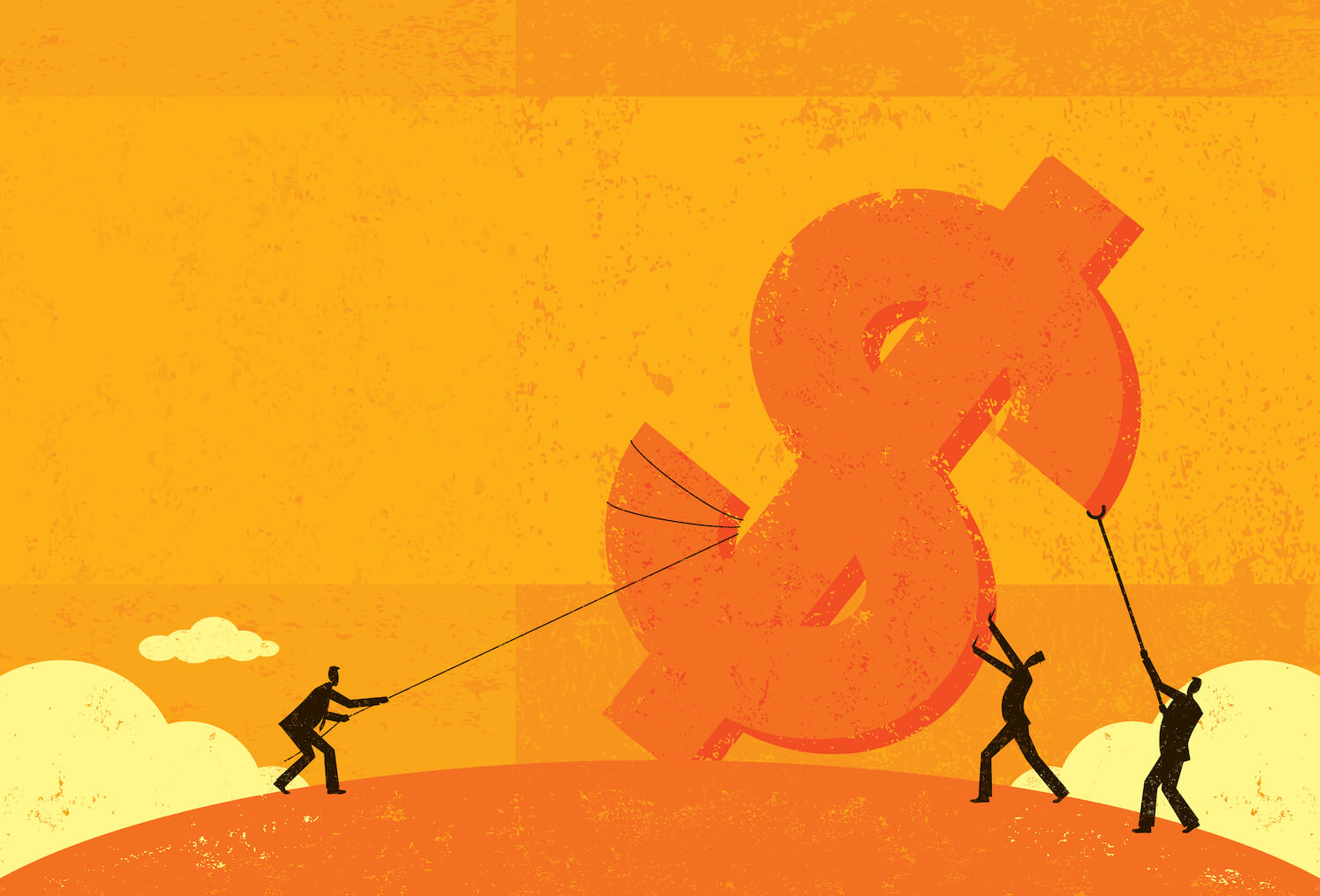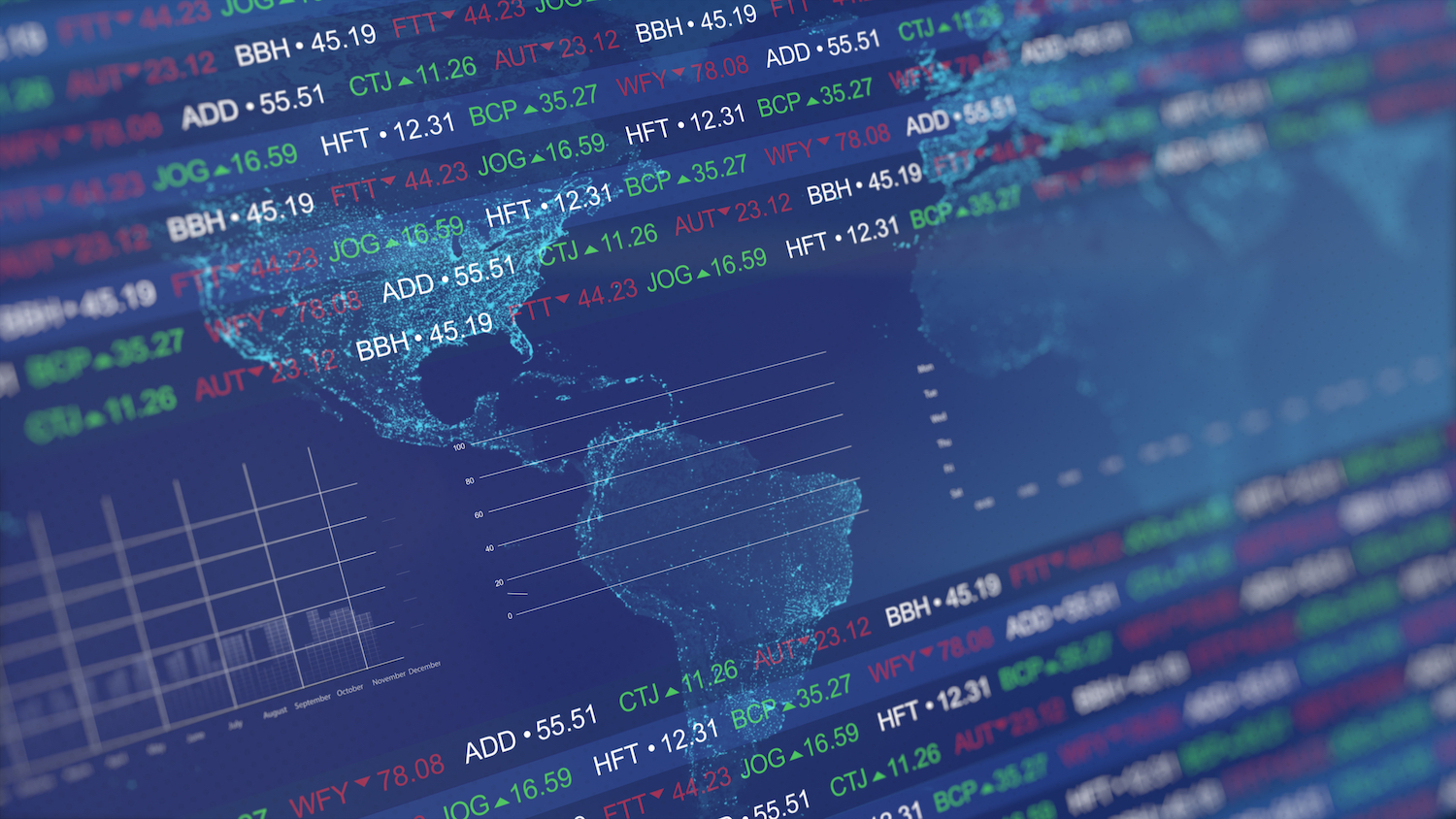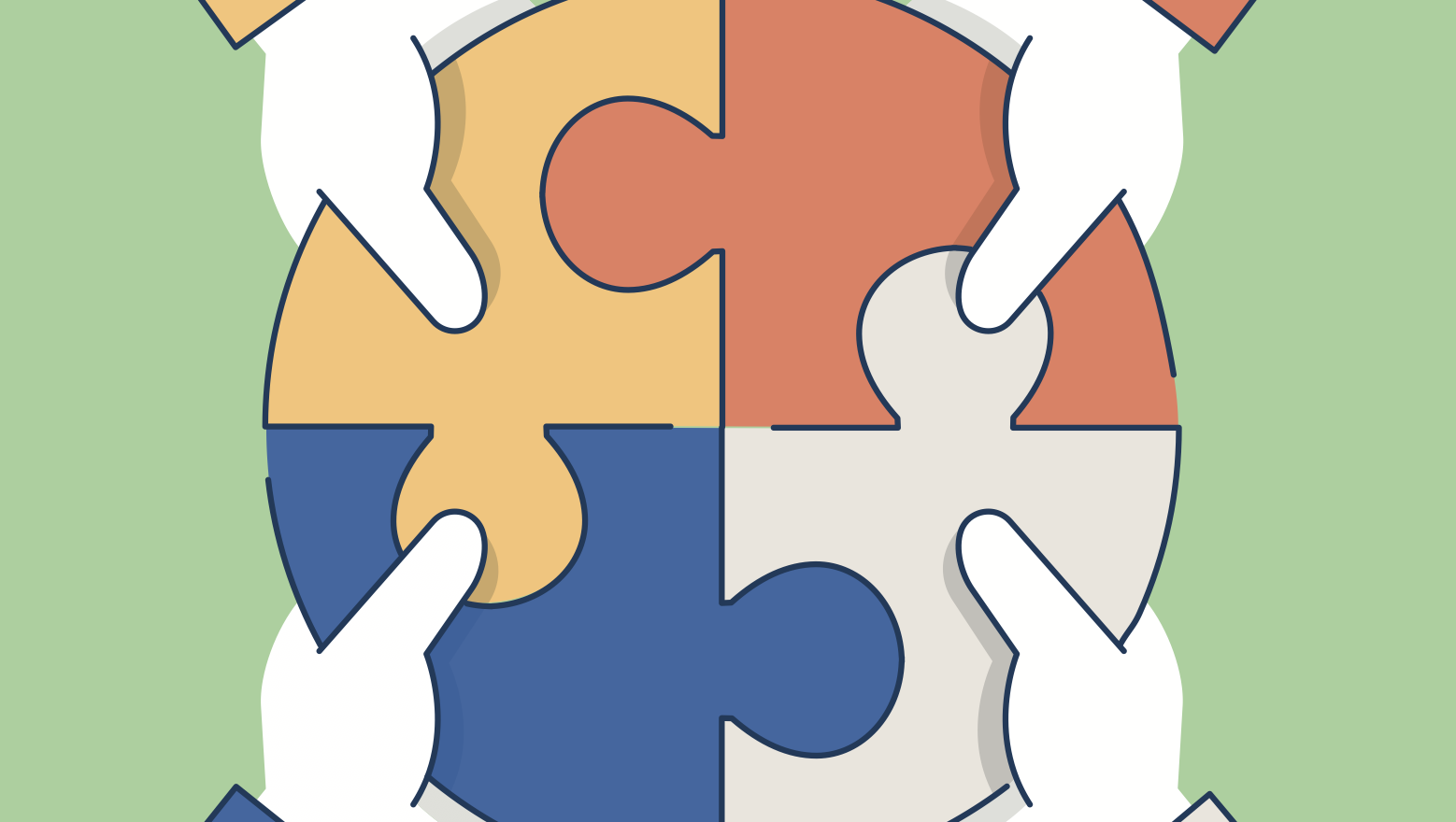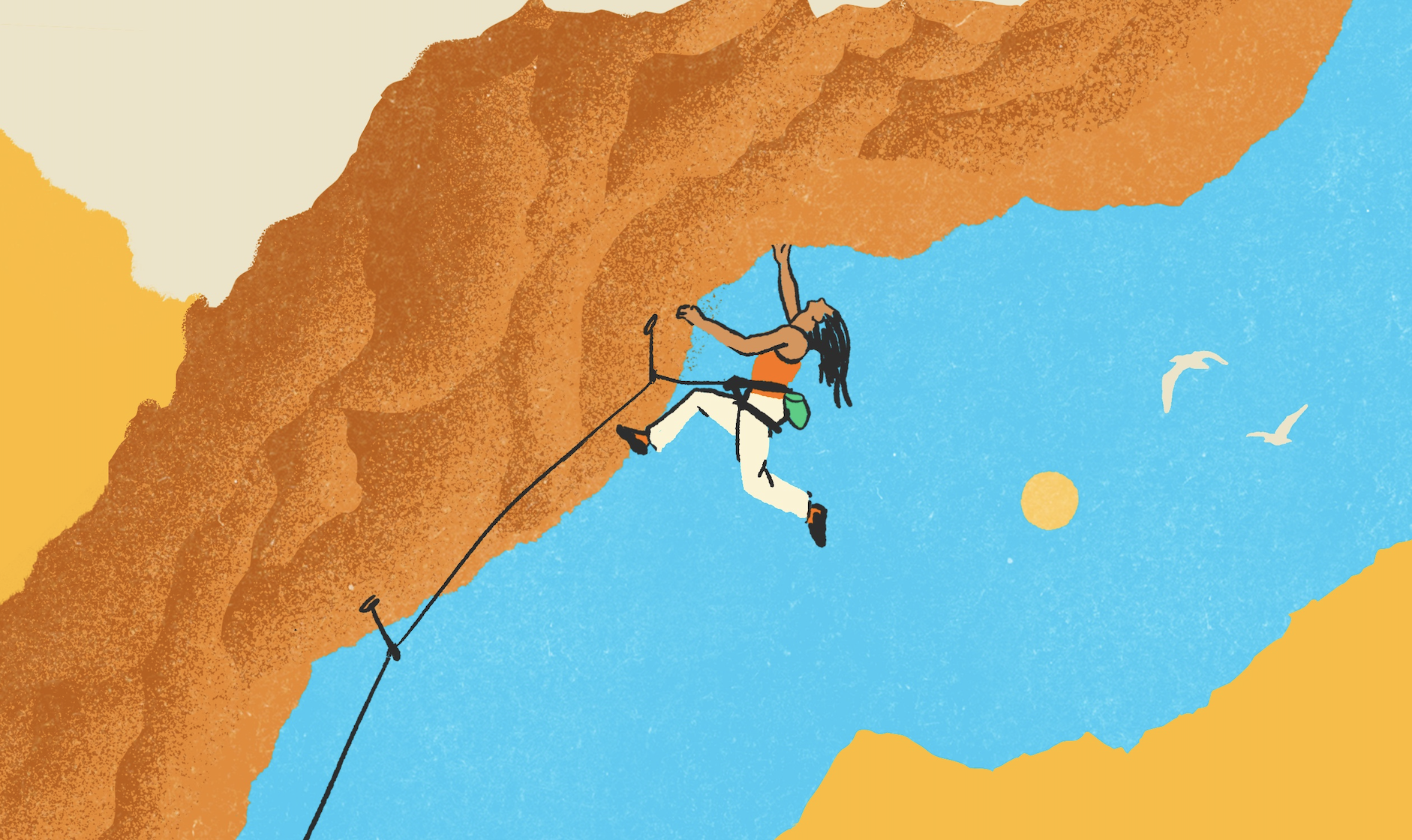Quoting his own book, economist Milton Friedman wrote in the New York Times Magazine in 1970, “There is one and only one social responsibility of business — to use its resources and engage in activities designed to increase its profits.”
The passage would become memorialized in policy and in corporate enterprise. The original book, a collection of Friedman’s lectures aptly titled, “Capitalism and Freedom,” would springboard Friedman from influential academic to popular consciousness.
Friedman would go on to advise the likes of Ronald Reagan and Margaret Thatcher. His work would influence Thomas Sowell, an important pioneer of the conservative economic movement (and one of the few African-Americans with that distinction).
More than 50 years later, it is clear that Friedman, at best, overlooks that businesses do not operate separately from the society, or from the world, in which they reside. The very premise of business, the very concept of resources and profits, are intimately, inextricably dependent on the well-functioning of the ecological and social systems in which we all reside.
Breaking trust
“Fiduciary duty” refers to the legal responsibility of a trusted entity to act solely in the best interest of the party that has placed its trust in them. It is most commonly required of doctors, lawyers, and financial trustees like banks and investment firms.
As fiduciaries, the primary duty of financial trustees, as described by the FDIC, is “the management and care of the property of others.” Today, more than 80% of American adults use some form of banking service. Many investment firms are entrusted with the assets of the general public–retirement funds, non-profit and academic endowments, or family trusts. Some of these same banks and firms have argued that they cannot consider the risks posed by their activities to the environment or to communities because it would impede their ability to act in their clients’ best interest.
Which begs the question: Does a bank or investment firm only have a duty to its clients today–or does it have a duty that remains for as long as a client is invested?
Americans use the same primary bank for an average of 17 years. Families, pension funds, and endowments typically entrust their assets with firms for decades. Retirement funds and trusts are meant to survive a lifetime. Often, that money is entrusted so that it will grow over time.
If a fiduciary intends to care for client assets for the long term, it’s extremely imprudent to finance polluting activities. Because each bank, firm, and company relies on a variety of social and economic systems. Those systems are dependent on the clean air, water, and natural services our species relies on. It has now been well-established that these systems are under threat, by pollution from many of the same activities financial institutions continue to heavily finance each day.
The duty of care means that fiduciaries must protect what’s been entrusted to them first and foremost. In the long term, runaway damage to our ecosystem presents the risk of the breakdown of the world’s entire economic system. And that means the destruction of client assets.
Destroying value
Most investors seek a healthy risk-adjusted return on investment. Risk-adjusted means the profit of their investment as it relates to the amount of risk the investment presents over a given period of time. If you really want returns to be risk-adjusted, you have to think about all the risks.
Conservative estimates suggest the world’s largest businesses currently face nearly $1 trillion of risk from climate change, a meaningful proportion of which is likely to be realized imminently. Meanwhile, climate-positive business presents more than a $2 trillion investment opportunity today.
Then, there is the concept of goodwill. Goodwill refers to the intangible value a company gets from the way it’s perceived. It’s the value placed on aspects like its brand, the reputation of its intellectual property, and who its customers are. Goodwill can bring ongoing profits to a company, or provide a premium when that company is purchased.
Poor climate stewardship, or real or perceived harm to communities, can significantly impair the goodwill of a business. It can tarnish a business’ reputation, and, in some cases, lead to financial losses across a sector or across the economy.
In other words, by not incorporating an asset or business’ impact on people and the planet, fiduciaries ignore a significant risk to the assets they’ve been tasked with stewarding. Meanwhile, by ignoring climate-positive and socially-beneficial activities, businesses leave a tremendous source of value-creation on the table.
It seems, as Harvard economist Oliver Hart and Chicago Booth School of Business Professor Luigi Zingales recently found, “Companies Should Maximize Shareholder Welfare Not Market Value.” The wellbeing of your investors is what ultimately determines whether you were a good fiduciary. And the destruction of economic value posed by planet- and people-blind financing is exactly the sort of outcome that, in the long run, leaves investors feeling unwell.
What to do
Business, at its best, should serve to be generative. To add value to the lives of human beings. It is about exchange, and about trust. It is about relationships. And different parties being in good relationships with each other is something visible throughout the natural world. Something that for many thousand years, allowed humanity to flourish.
Today, we are seeing a degradation of those relationships. Modern industry has betrayed the same planet that gave it its fossils to make oil from, its metals to make cars from, its soil to grow food in. Many fiduciaries have betrayed the trust of the retirees, the schools, and the families that entrust their assets to them. There’s the betrayal of placing that property under needless risk, and the betrayal of financing activities that threaten the health and well-being of their clients and the communities in which they live.
Perhaps it all stems from this idea of an “increase” in profits being the sole responsibility of a business. “Increase” for increase’s sake does not inherently add value, nor does it reflect a trustworthy exchange. Indeed, if all systems mimic those found in nature, it’s notable that there are only two things in nature that grow for growth’s sake: cancers, and viruses — both deadly agents.
Firms have a duty of care to their owners, to their investors, and to the world in which they operate. This duty is not simply an ethical obligation, but a practical reality. If you have a duty to clients or shareholders who are embedded in a larger ecosystem and society, then it is in your clients’ and shareholders’ interests to take action that benefits that same ecosystem and society.
In today’s economy, there is a simple, realistic solution to the problems laid out above: to consider business for what it is. Businesses and investments are part of a larger whole, dependent on and responsible to both people and the planet. Considering their impact–and seeking to make it a positive one–is more than just the right thing to do; it’s good business.
Pedro Henriques da Silva is director of Shifting Trillions at Sierra Club Foundation

